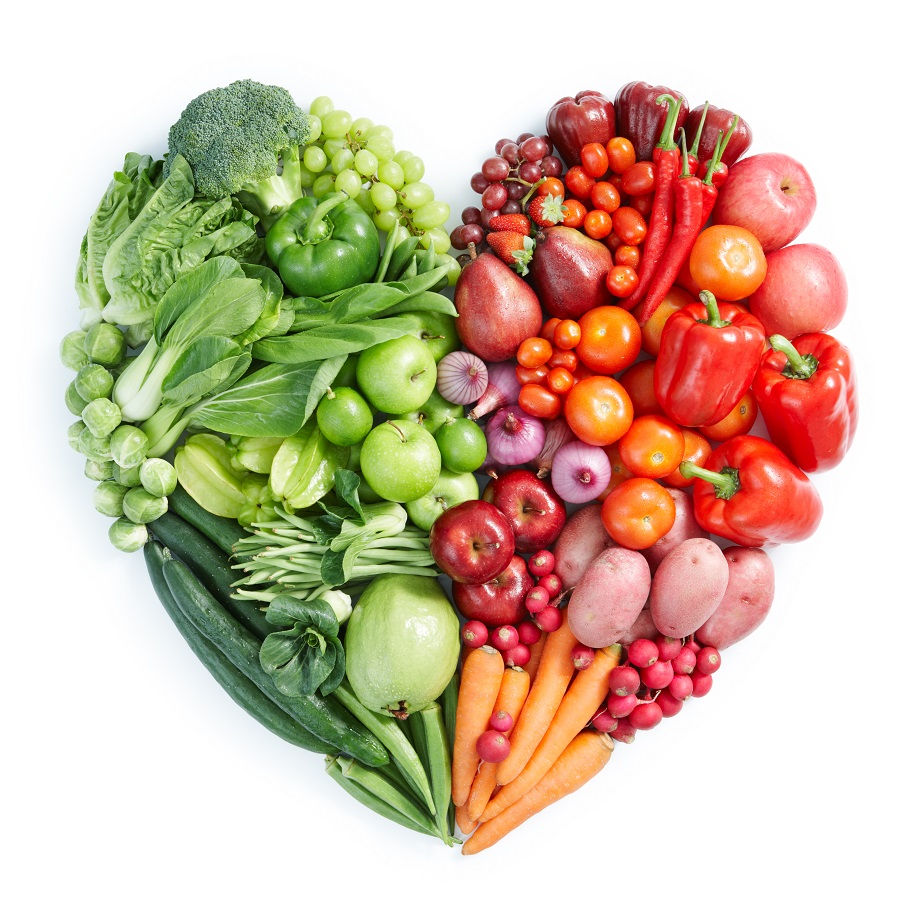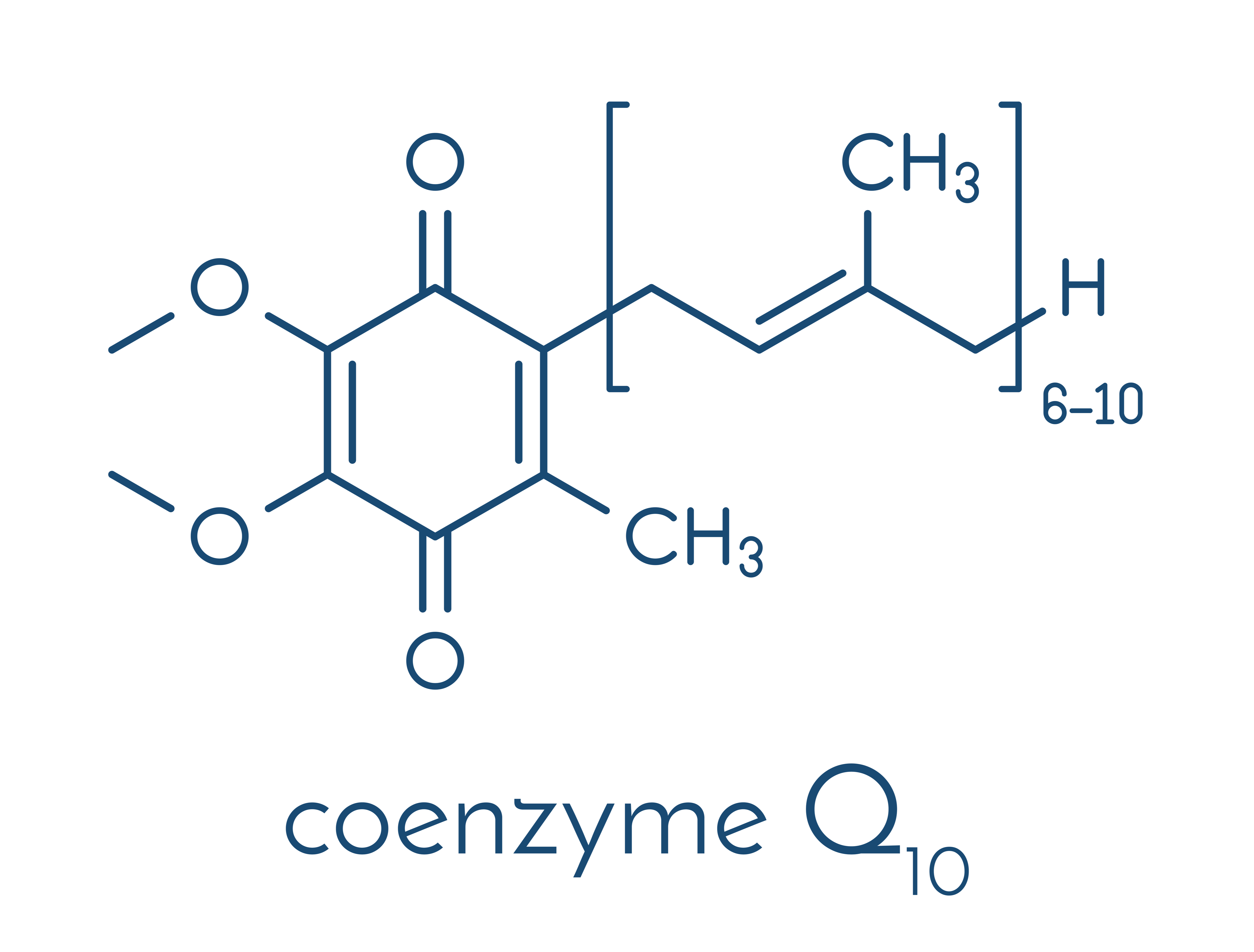Heart disease is one of the world’s most pressing health issues, accounting for nearly a third of all deaths worldwide. Keeping your ticker in tip-top shape is critical for your health; you can function without some organs but your heart isn’t one of them.
Most imporant factors regarding hearth health
It’s a no-brainer that nutrition plays a crucial role in overall health, and cardiovascular health is no exception, with what you eat influencing inflammation, cholesterol levels and blood pressure, all risk factors for heart disease. Weight control and regular exercise are also important and with a combination of improved diet and healthier lifestyle choices, you could reduce your risk of heart disease or a stroke by 80%.
There’s no single food that will be a fix-all for heart health but unsurprisingly, a diet high in sugar, salt and fat can increase the risk of poorer health outcomes and eating a balanced diet rich in fresh fruit and vegetables can result in favourable health outcomes. However, there is much controversy surrounding the optimum diet for cardiovascular health. The Mediterranean Diet is a popular choice, with the focus on unsaturated oils such as fish oils, olive oil and certain nut or seeds oils and emphasises fresh fruit and vegetables, high-fibre, legumes and fish and it has been linked to improved cardiac health. A large trial of around 7500 participants found that following a Mediterranean diet reduced the number of cardiac events by nearly a third amongst high-risk patients.
If you’re looking to improve your cardiovascular health, improving your overall dietary pattern is a great first step. Instead of fried, processed food, look at filling your plate with real, natural and fresh food and take a look at these three heart-healthy tips to help you care for your cardiovascular system:
Increase intake of vegetables
We know that eating vegetables is good for our general health, but how does eating vegetables improve our heart health and what vegetables are best?
Nutrients such as fibre, magnesium, Vitamin K, Vitamin C, potassium and phytochemicals such as flavonoids and carotenoids, found in vegetables have been associated with improved cardiovascular health. These nutrients may protect against cardiovascular disease via a number of mechanisms, including modulation of enzyme activity, regulating blood pressure, influencing antioxidant, anti-inflammatory and antiplatelet activity and regulating lipid and glucose metabolism.
Lycopene, an antioxidant that gives the tomato its vivid red colour, has been associated with a reduced risk of heart disease, suggested being due to reducing oxidative stress and inflammation.

Folate, found in green leafy vegetables, helps to maintain healthy levels of homocysteine. High levels of this amino acid can put individuals at risk cardiovascular disease.
Nitrate, found in beetroot and radish, can increase nitric oxide synthesis, which can increase blood flow, relax vascular smooth muscle tissue and inhibit platelet adhesion to vessel walls.
Cruciferous vegetables, including cabbage, kale, broccoli and Brussel sprouts, have shown to have anti-inflammatory properties and many observational studies have reported inverse associations of cruciferous vegetables with cardiovascular disease outcome.
Include healthy fats
Fats have been demonised for a long time but when it comes to heart health, they can play an important part in reducing inflammation and regulating blood pressure. The type of fats is crucial, for example, trans fats can be inflammatory and damage blood vessel lining. Extensive research supports the use of omega-3 fatty acids for cardiovascular health. The three main Omega-3 fatty acids are ALA, EPA and DHA. It is EPA and DHA that have found to be the most important for heart health due to their anti-inflammatory properties. Fish, nuts and seeds are high in Omega-3 fats, especially fish. If you’re allergic, vegetarian or vegan, you could look at including an algae oil supplement to increase your Omega-3 intake.
Include sources of CoQ10
Naturally produced by the body, CoQ10 (Coenzyme Q10) is a compound stored in the mitochondria of cells. It plays many roles within the body, including helping to generate energy and function as an antioxidant. When it comes to heart health, research has shown that treatment with CoQ10 may help improve heart function. As we age, the production of CoQ10 slows down, so adding foods high in CoQ10 or supplementing is a good idea. Fish, meat and whole grains are especially rich in CoQ10.

If you have been diagnosed with heart disease or are looking to start supplementation, always speak to your GP first.






